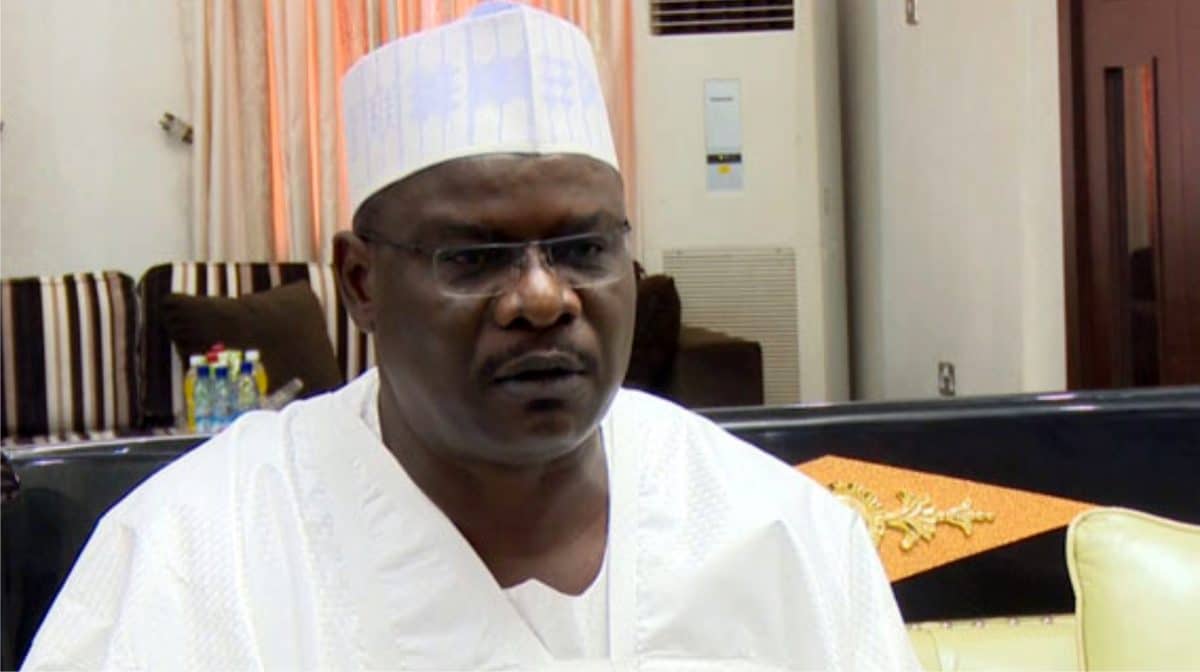By Milcah Tanimu
Ali Ndume, the Chief Whip of the Senate, has sparked controversy by claiming that corruption within Nigerian politics is driven by the people and should not result in severe punishment.
Ndume made these remarks during an interview on Channels Television, where he discussed the issue of corruption and the death penalty for drug offenses. He admitted that politicians do engage in corruption but argued that it is relatively minor and benefits the people.
“When politicians steal, they share with the people,” Ndume said. He emphasized that compared to other forms of corruption, the corruption among politicians is “very small.” He justified this by explaining that politicians distribute their ill-gotten gains to their constituents to ensure political support.
“If you compare us, politicians, to all the corruption, it is very small. Our corruption is people-driven. If you steal it, you will go and share it with the people. If you don’t, you are not coming back for four years,” he explained. He further argued that the severity of punishment should be proportional to the amount stolen, suggesting that those who embezzle smaller amounts should not face the death penalty.
Ndume’s comments have drawn criticism for seemingly downplaying the seriousness of political corruption. He did, however, express support for the death penalty in cases of significant financial theft from the government, stating, “If someone steals one trillion of government money, they should be killed.”
In addition to his views on corruption, Ndume strongly advocated for the death penalty for drug dealers, highlighting the destructive impact of drugs on society. “The death penalty is the best deterrent for those being caught with drugs. If you do drugs, you are killing people. That means you have destroyed the lives of so many people and killed so many people,” he asserted.
Ndume’s stance has ignited a debate on the effectiveness and morality of using the death penalty as a deterrent for corruption and drug offenses, with many questioning the implications of his remarks on political accountability and justice.

Leave a Reply